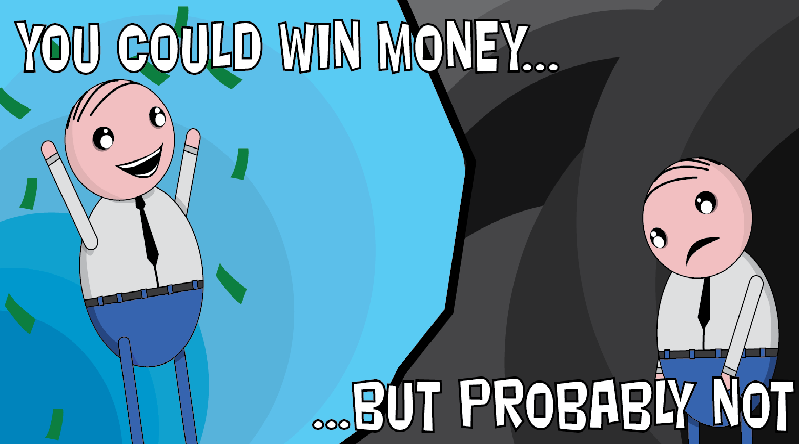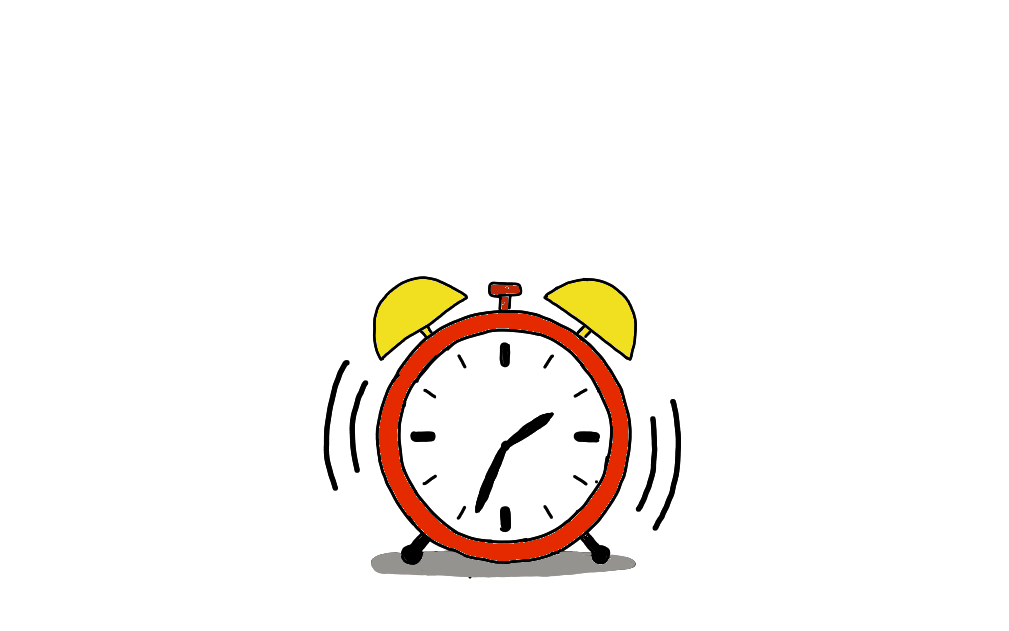This past week, millions of Americans sat around TVs and computer screens, hoping that the six numbers on the ticket they’re clutching appeared on the screen. Those six numbers could change everything. Maybe you have a lousy job and need to pay rent, or you have a great job but rather be traveling the world. Whatever your problem is, the Powerball jackpot of an estimated $1.5 billion could fix it.
But let’s look at the chances. The odds of hitting the jackpot are 1 in 292.2 million, which are really bad odds. Imagine being put on a beach by the almighty lottery king, and he tells you, “I am thinking of one grain of sand. Choose one and bring it to me, if you are correct you win a billion dollars!” Even though that sounds ridiculous, that situation, for the most part, represents the likelihood of winning the elusive powerball jackpot.
People make the argument that you should “try your chances,” because “someone has to win,” and “it’s only a few dollars to play.” Of course, for the middle class and higher, the lottery isn’t a dent in the bank. But for the poor to play the lottery is simply unfair. The poor are responsible for $70 billion in tax paid every year. In this context the lottery is essentially a tax that feeds on the desperation of the less fortunate. The government should have no part in the lottery, given how ethically wrong it is.
In Elizabeth McAuliffe’s commentary “The State-Sponsored Lottery,” she brings up the point that researchers have found that the bottom third of households purchase more than half of all lottery tickets. The lottery is a tax, but a voluntary tax. You can’t blame the government for people not being educated about how it makes no financial sense to buy a lottery ticket. Right? Wrong. State lotteries make majority of their earnings from the poorest Americans by targeting their desperate dreams of not having to struggle through life anymore. The extra $300-$400 may not seem like a lot, but it could be the difference in whether you are able to pay for an unforeseen incident like your car breaking down, or getting sick.
The sad desperation of these people, encouraged by the government, is accurately described in George Orwell’s novel 1984:
“The Lottery, with its weekly pay-out of enormous prizes, was the one public event to which the proles paid serious attention. It was probable that there were some millions of proles for whom the Lottery was the principal if not the only reason for remaining alive. It was their delight, their folly, their anodyne, their intellectual stimulant…(indeed everyone in the party was aware) that the prizes were largely imaginary. Only small sums were actually paid out, the winners of the big prizes being nonexistent persons.”
The “proles,” or working class, are deemed to have nothing to live for but the lottery that is impossible to win. When 1984 was written in 1949, the lottery was illegal (probably due to the sad reality of what the lottery does to the less fortunate). And even though the current (and legal) lotteries are not limited to the “proles” of the United States, it affects them the most.
States justify their lottery sponsorships by claiming that the increased revenue will help the services provided by the state, without having to raise taxes. However, two-thirds of that money goes towards prize money. Then about 5 percent nationally is given for salaries to people who work the lotteries and advertising. States are left with little to spend on whatever is needed in their state.
The worst part of all this is that the government knows exactly how to fix this issue. By implementing something called prize-linked savings. This system is essentially a savings account, but instead the interest from every account is pooled together and becomes the prize money for whoever a raffle. People would never lose money, while still having the slim chance of winning the huge prize money. Several countries around the world, such as Japan, South Africa, the United Arab Emirates, and many more, have implemented this program that would benefit people with dreams of having a lot of money. But, the states probably won’t pay much attention to this idea given their apparent need for the little revenue they gain.
And with that, the United States will continue to profit on the endless dreams of the poor.
Header graphic designed by Alec Fallis














